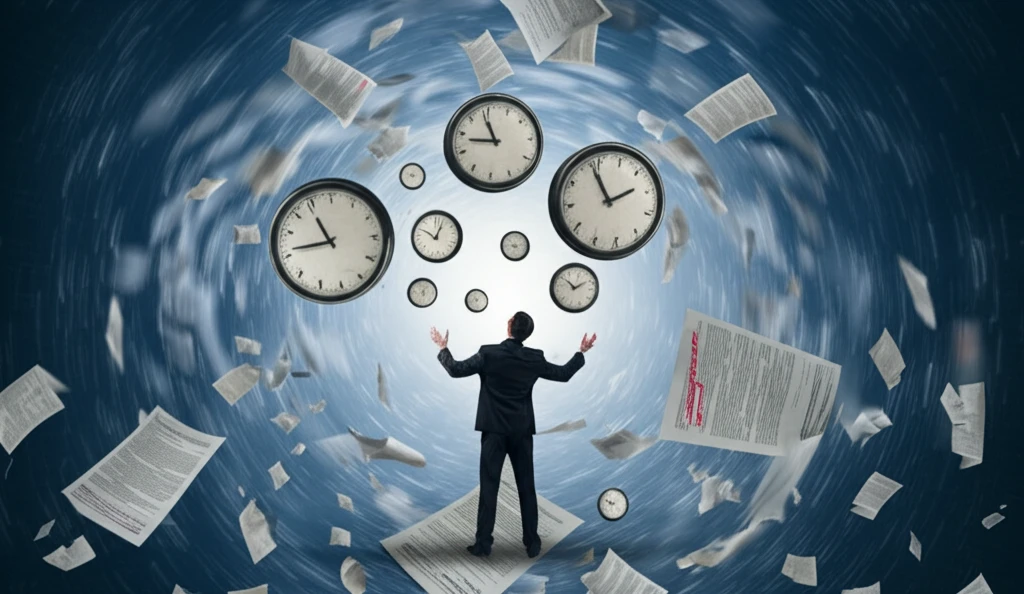
Stop 'Active Procrastination' Before It Stops You
"Unpacking the myth of productive delaying and why purposeful action beats last-minute rushes. Can delaying tasks really be a good thing? We break down the truth about 'active procrastination'."
In today's fast-paced world, procrastination is often painted as the ultimate productivity killer. We're bombarded with advice on how to combat it, overcome our tendencies to delay, and tackle tasks head-on. But what if procrastination wasn't always a bad thing? What if there were a way to procrastinate 'actively,' turning delay into a strategic advantage? This is the question that researchers Chu and Choi posed, introducing the concept of 'active procrastination' – the deliberate deferral of tasks until the last minute, supposedly leading to positive outcomes.
The idea of 'active procrastination' challenges our conventional understanding of self-regulation and productivity. Instead of viewing procrastination as a failure, it suggests that some individuals can thrive under pressure, using the looming deadline to fuel their motivation and enhance their performance. This concept has gained traction, resonating with individuals who feel they work best against the clock. But does 'active procrastination' truly exist? And more importantly, is it a sustainable or healthy approach to managing our responsibilities?
A recent study by Chowdhury and Pychyl casts a critical eye on the construct of 'active procrastination,' questioning its validity and exploring its underlying mechanisms. By examining the defining characteristics, correlates, and outcomes associated with this phenomenon, the researchers shed light on the true nature of 'active procrastination' and its impact on our well-being. Prepare to rethink everything you thought you knew about procrastination.
The Problem with "Active Procrastination": A Critical Look

Chu and Choi defined 'active procrastination' by four key traits: a preference for pressure, an intentional decision to delay, the ability to meet deadlines, and satisfaction with the outcomes. They argued that 'active procrastinators' aren't like 'traditional' procrastinators, who delay due to indecision or lack of self-control, leading to negative consequences. Instead, they portray 'active procrastinators' as individuals who strategically use time, possess strong self-efficacy beliefs, and experience positive outcomes like higher GPAs and reduced stress.
- Purposeful Delay: A conscious decision to postpone tasks to prioritize more pressing commitments.
- Arousal Delay: Postponing tasks to create a sense of urgency and excitement, using the pressure as a motivator.
Embrace Purposeful Action, Not Just "Active" Delay
The research is clear: labeling a delay as “active procrastination” doesn't magically transform it into a productive strategy. True procrastination remains a self-regulation failure, linked to negative outcomes. The key takeaway is to understand your own tendencies and motivations behind delaying tasks. Are you strategically prioritizing, or are you seeking the temporary thrill of a last-minute rush? By embracing purposeful action and consciously managing your time, you can achieve genuine productivity without sacrificing your well-being.
